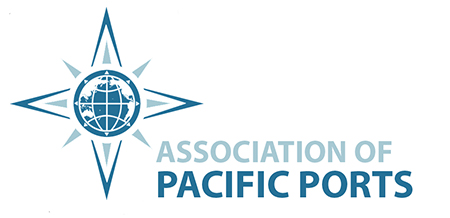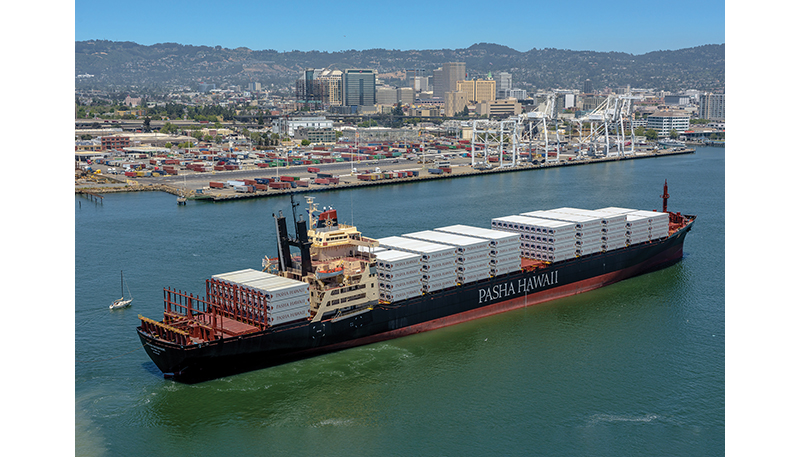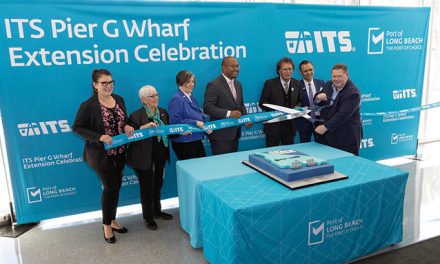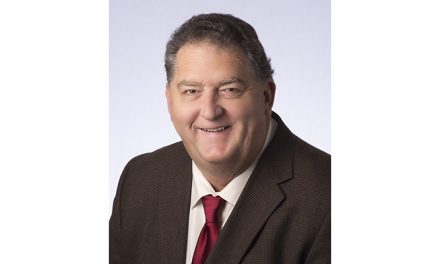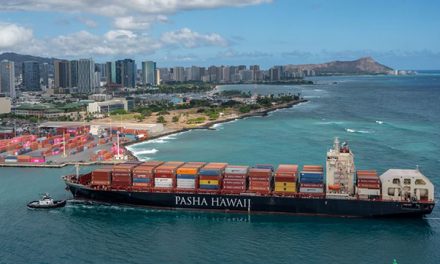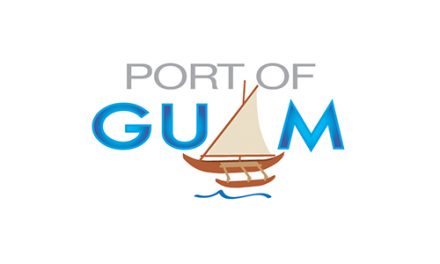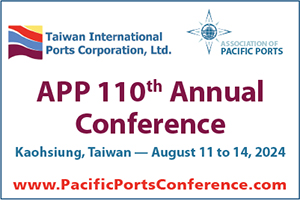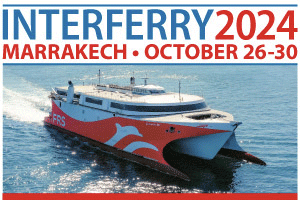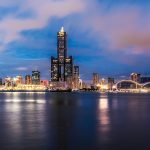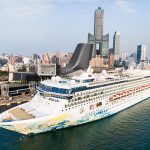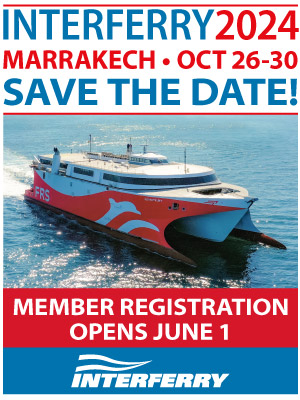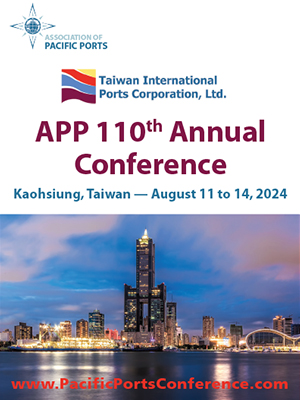The following article was featured in the February issue of Pacific Ports Magazine. To view the digital version of the full issue, please click here.
For over 80 years, the Pasha name has been well-rooted and well-respected in American business. Through three generations of “Georges,” the company has grown from a single service station to a diversified empire of global logistics and transportation services. And through it all, the Pasha name has maintained a reputation that is based on the company’s core values of excellence, honesty and integrity, innovation, and teamwork. It is an honor to have The Pasha Group as one of APP’s newest Associate Members. Their experience and leadership provide many insights into our industry.
Background
Much has been written about the rise of The Pasha Group over the years, and www.pashagroup.com provides a succinct history, but it’s worth noting the context of the company’s evolution to truly grasp the extent of growth over the last eight decades.
While The Pasha Group was founded in 1947, the story actually begins five years earlier when George W. Pasha Jr. purchased the “Flying A” service station and began offering storage of privately owned vehicles in San Francisco for World War II personnel who were assigned overseas. This led to the incorporation of the first Pasha business, Pasha Overseas Automobile Processing Company. From there and over the next 30 years, the company added:
- Pasha Truckaway to transport customer vehicles across California to port facilities;
- the first independent automotive port processing on the West Coast;
- auto-processing operations at Pier J at the Port of Long Beach;
- Pasha Services (today Pasha Automotive Services);
- Maritime Services International (later becoming Pasha Maritime Services); and
- the acquisition of AFI Worldwide Forwarders (now Pasha Relocation Services).
The growth didn’t stop there. Through the 1980s and 1990s, Pasha Maritime Services opened an omni terminal for breakbulk, containers and other cargoes at the Port of Los Angeles, and added steel products to their stevedoring services. Pasha Automotive Services opened a new facility in San Diego; Pasha Distribution Services was created to provide total logistics management for finished and pre-owned vehicles via an extensive overland transportation network throughout North America; Pasha Hawaii was formed to operate ocean car/truck carriers for the Mainland/Hawaii trade lane.
The 21st century saw a continued expansion for The Pasha Group and its subsidiaries. Pasha Hawaii added a second ocean cargo vessel to its fleet and the company acquired Horizon Lines, Inc’s. Hawaii trade lane which included four containerships and Hawaii Stevedores, Inc. The company also launched new auto-processing facilities for Pasha Automotive Services; and in 2018, announced a joint venture with the State of Hawaii to construct the Kapalama Container Terminal on Oahu.
A family affair
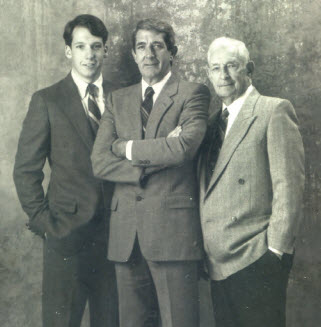
Three generations of leadership: George IV, George III and George Jr.
No background on The Pasha Group would be complete without recognizing the legacy of founder George W. Pasha, Jr. and the subsequent generations of “Georges” who continue to build on that legacy. Pasha Jr. started his career at the age of 17 in the automotive industry before working as a machinist in one of Seattle’s shipyards and then returning to the auto industry. The first acquisition made by George Jr. was the Velie Automobile Agency in Vancouver, B.C., in 1928. When Velie discontinued the manufacture of its autos, he relocated to the San Francisco Bay Area and eventually purchased the Flying A Service Station across the street from Fort Mason in San Francisco, the true root of today’s company.
As a young boy, George W. Pasha, III began working at the Flying A as a mechanic and parts runner, as well as running a drive-away service, and picking up and delivering POVs belonging to troops deployed in and out of Fort Mason. He joined the company in earnest after graduating from the University of San Francisco and, by the early 1960s, began expanding the company’s reach, adding automobile processing facilities, as well as stevedoring services for vessels. Taking on the role of CEO in 1970, George III expanded the company even further, including the establishment of Maritime Services International which quickly grew from just the automotive import industry into breakbulk terminal and stevedoring operations, with additional locations added on both the West and East Coasts.
Current President and CEO, George W. Pasha IV, assumed the leadership role in 2008. He spent his childhood summers working in various departments of the company, and, after obtaining his Bachelor of Science in Economics and working in the finance industry, returned to the family company in 1985. Roles have included Vice President and then President of the Transportation division, as well as President and Chief Operating Officer of The Pasha Group.
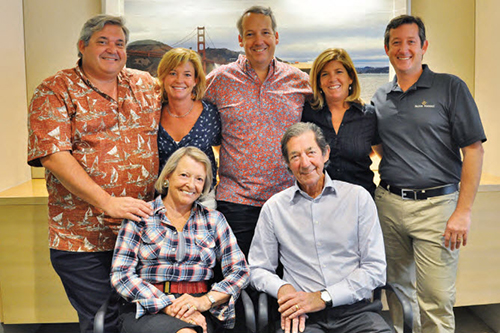
The Pasha Family (circa 2014): Seated are Janet Pasha and George W. Pasha III, with Michael, Mary Jane, George IV, Maureen, and John.
In true family-business fashion, George’s siblings also worked for the company during summer vacations — sisters Maureen and Mary Jane, and brothers Michael and John — and played key roles from the 1990s onward. Janet Pasha, George’s mother, and wife of George Pasha, III, was also involved in the company for many years, serving as Vice President of Personnel and later as Vice President, Public Relations. Michael Pasha, George’s younger brother, currently serves as Vice President of Pasha Hawaii, overseeing the company’s over-high-and-wide division. John Pasha, the youngest sibling, serves as Senior Vice President of Pasha Automotive Services.
The Pasha Group at a glance
Today, with five divisions synergized to act as a single-source supplier for trade, The Pasha Group’s success can be attributed to a set of principles first established with George Jr. —delivering excellence to customers and expecting the same from employees; acting with honesty and integrity in all that they do; recognizing that to move forward as a company and as individuals, innovation is paramount; and to continually demonstrate teamwork. Just as important, the Pashas have always viewed their employees as an extension of their ‘ohana (the Hawaiian word for family) and have treated them as such from day one.
Here’s a brief overview of current operations:
- Pasha Hawaii — Complemented by Pasha’s other divisions, Pasha Hawaii provides an integrated shipping network in the Mainland/Hawaii trade lane. This network is supported by seven U.S.-flag, Jones Act-qualified vessels: five containerships, a pure car/truck carrier, and a combination container/roll-on/roll-off (ConRo) vessel.
- Automotive and Trucking — Pasha Automotive Services provides port-processing for manufacturers of new autos and rental car fleets. Pasha Distribution Services provides trucking for new and used autos throughout the continental U.S. Sea-Logix, LLC and Pasha Trucking provide port drayage services at East and West Coast ports.
- Maritime Services — Pasha Stevedoring & Terminals performs terminal management and stevedoring for all cargo types at the Ports of Los Angeles, San Diego, and San Francisco, CA; and Grays Harbor and Longview, WA. Hawaii Stevedores, Inc. provides terminal management and stevedoring services in all commercial ports in the state of Hawaii.
- Pasha Transportation & Support Services (PTSS) — Pasha provides domestic and international freight forwarding, logistics, and NVOCC (non-vessel operating common carrier) services for shippers of U.S. Government and DoD-sponsored household goods and general cargo.
- Current operations
There are a number of initiatives implemented by The Pash a Group in recent years that are worthy of a more in-depth look.
Pasha Hawaii has made — and continues to make — substantial investments in vessels, equipment, technology, infrastructure, and talent. In 2018, The Pasha Group announced a $1 billion investment program for their Hawaii service platform to support the Hawaii/mainland trade. This includes two “Ohana-class” LNG-powered container ships. The first vessel — the M/V George III — celebrated its inaugural call to the Port of Long Beach this past August. Home-ported in Honolulu, the vessel operates on natural gas and surpasses the International Maritime Organization (IMO) 2030 emission standards for ocean vessels, representing the most technologically advanced and environmentally friendly vessel to serve Hawaii. Energy efficiencies are also achieved with a state-of-the-art engine, an optimized hull form, and an underwater propulsion system with a high-efficiency rudder and propeller. Delivery of the second vessel — the M/V Janet Marie — is expected soon. The company is also engaged in the modernization of existing vessels which are rotating through dry dock refurbishments and container replenishment programs.
The other significant investment under Hawaii Stevedores, Inc. (a subsidiary of The Pasha Group), is the new Kapalama Container Terminal. The project features an 84-acre cargo yard and 1,800 linear feet of new berthing space in Honolulu Harbor at Piers 41, 42, and 43. When complete, KCT will be the most efficient port in Hawaii, providing an actionable roadmap for transitioning the state’s port and maritime industries to zero-emission technologies. The terminal is expected to be complete in 2024.
In October 2022, the U.S. Department of Transportation Mari-time Administration announced a $47.3 million grant award through the Port Infrastructure Development Program (PIDP) to the State of Hawaii Department of Transportation for the Kapalama Container Terminal – Gaining Regenerative and Efficient Energy Needs (KCT-GREEN) project. The $47.3 million in PIDP funding will be matched by $92 million from Hawaii Stevedores, Inc. to go toward electrified ship-to-shore cranes, regenerative energy storage, microgrid battery energy storage system, a solar power system for the terminal building, a micro wind turbine, electric vehicle supply equipment systems, state-of-the-art gate systems, weigh-in-motion scales, an RFID (radio frequency identification) inspection system, and a customs radiation portal monitor system.
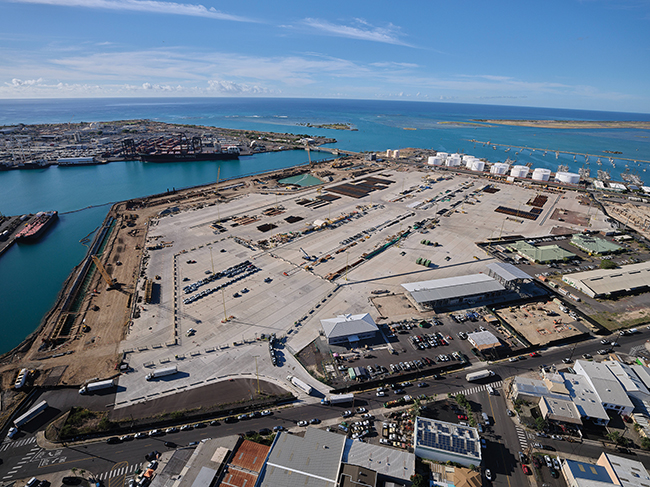
The new Kapalama Container Terminal in Honololu Harbor will be the most efficient port in Hawaii and provide an actionable roadmap for transitioning the state’s port and maritime industries to zero-emission technologies
Another notable partnership for The Pasha Group involves Pasha Stevedoring & Terminals, the Port of Los Angeles, the California Air Resources Board (CARB), and MARAD’s Maritime Environmental Technical Assistance Program (META). In 2016, PST and the Port of Los Angeles launched the Green Omni Terminal Demonstration Project, a full-scale, real-time demonstration of zero and near-zero emission technologies at a working marine terminal. At full build out, it will be the world’s first marine terminal able to generate all of its energy needs from renewable sources. As part of the project, Pasha will integrate a fleet of new and retrofitted zero-emission electric vehicles and cargo-handling equipment into its terminal operations and demonstrate the latest generation of advanced technology for capturing ship emissions from vessels unable to plug into shore power at berth. With the goal of making the Pasha terminal a more sustainable and resilient facility that can operate independently off the grid in the event of a power loss, the project also features a microgrid that includes solar generation, battery storage and an energy management system to maximize usage.
The project was funded in part by a $14.5 million grant from CARB as well as a $1.5 million cooperative agreement with MARAD, announced in the Spring of 2022, to incorporate additional green energy sources, outfit three ship-to-shore container cranes with regenerative braking capability, and an 18 kW WindWall micro turbine that will be installed on top of one of these three ship-to-shore container cranes — the first WindWall micro turbine to be used in commercial application.
Well-deserved accolades
Circling back to The Pasha Group’s core values noted earlier in this article, it’s evident to see these values running through all facets of the company’s operations. Indeed, in the past year alone, The Pasha Group has been recognized for their commitment to environmental sustainability, customer satisfaction and performance excellence, and safety, as well as demonstrating their ongoing commitment to the communities in which they serve.
In November 2022, the Pasha Hawaii Fleet was recognized with Certificates of Environmental Achievement by the Chamber of Shipping of America. “These awards celebrate the dedication to environmental excellence of our seafarers and the company personnel ashore who operate their vessels to the highest standards” said Kathy Metcalf, President of CSA. George W. Pasha, IV, added, “We take our environmental stewardship responsibility seriously and are extremely proud of our captains, crew members, and operations staff for their ongoing commitment to safety and environmental responsibility at sea and ashore. We are honored to be recognized among this list of esteemed vessels and crews.”
In August 2022, Pasha Hawaii was rated the #1 Ocean Carrier and recognized with the top Quest for Quality Award by Logistics Management magazine and Peerless Research Group, whose annual survey has been regarded in the transportation and logistics industry as the most important measure of customer satisfaction and performance excellence. Pasha Hawaii received the top weighted overall score for domestic and international ocean carriers and excelled with top marks across all the attribute categories — on-time performance, value, information technology, customer service, and equipment & operations.
And in July 2022, Pasha Hawaii was recognized for consistently making safety a priority at the Chamber of Shipping of America (CSA) Annual Devlin and Safety Achievement Awards on June 30, 2022, in New Orleans. Pasha Hawaii received a company award for its vessels operating without a lost-time incident for 52 consecutive years, along with awards for the following vessels: SS Horizon Pacific – 22 years without a lost-time incident, SS Horizon Reliance — 20 years without a lost time incident, and SS Horizon Spirit — 10 years without a lost-time incident.
In addition to consistently being recognized by Hawaii Business Magazine as one of the top 100 companies in Hawaii for charitable giving, Pasha Hawaii also provided an opportunity of a lifetime for nearly 100 maritime academy cadets from the California State University Maritime Academy, U.S. Merchant Marine Academy, and Maine Maritime Academy. Working side by side with 39 professional seagoing officers and crew members aboard the Training Ship Golden Bear (TSGB), managed by Pasha Hawaii and owned by the U.S. Department of Transportation Maritime Administration (MARAD), cadets and midshipmen were able to apply skills learned in the classroom to real-life experiences aboard an operating vessel.
The future
For The Pasha Group, the future looks as bright — if not brighter — than the past. With the completion of the KCT anticipated for 2024, Pasha Hawaii’s sister company, Hawaii Stevedores, will see significantly improved cargo handling productivity and capabilities. Through the use of technology and world-class design, KCT will serve as one of the Hawaii’s most efficient operating terminals. One of the many benefits to the local community will be to incorporate an on-dock container to barge operation that will eliminate more than 50,000 truck moves from local streets/highways for neighbor island transfers.
Pasha Hawaii’s significant investment in new natural gas-powered vessels and the retrofitting of existing vessels will ensure a modern fleet capable of servicing the mainland/Hawaii trade for many more generations to come.
Combined, these two initiatives alone show the continued momentum for The Pasha Group and its future.
Can’t wait to see what’s next…
